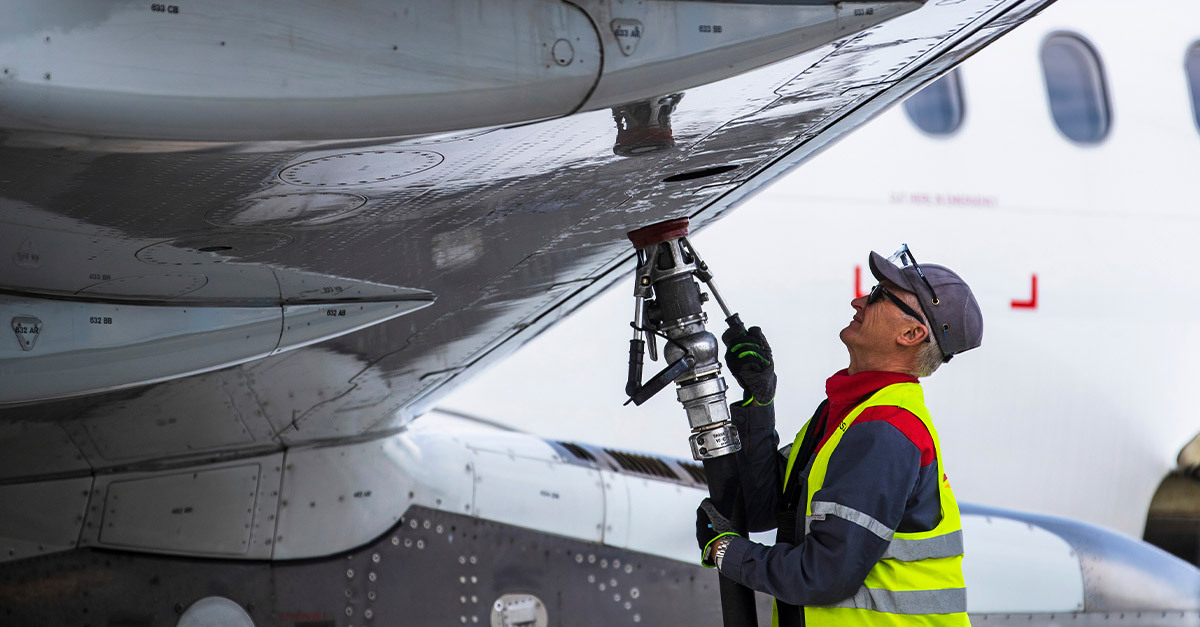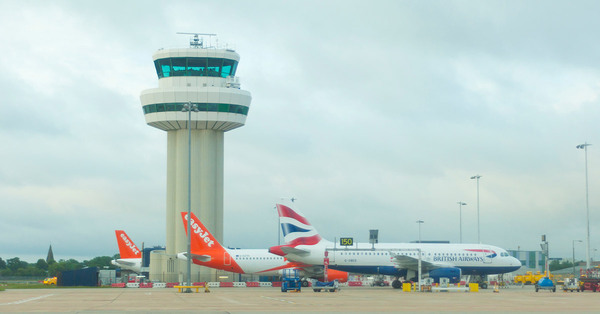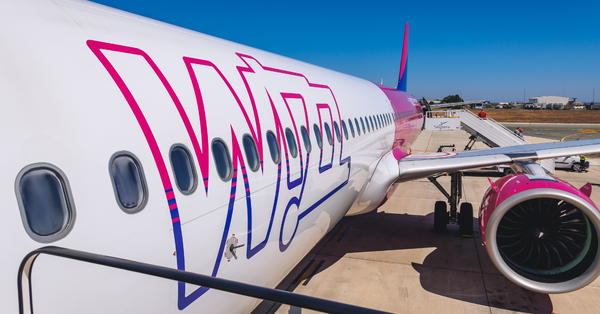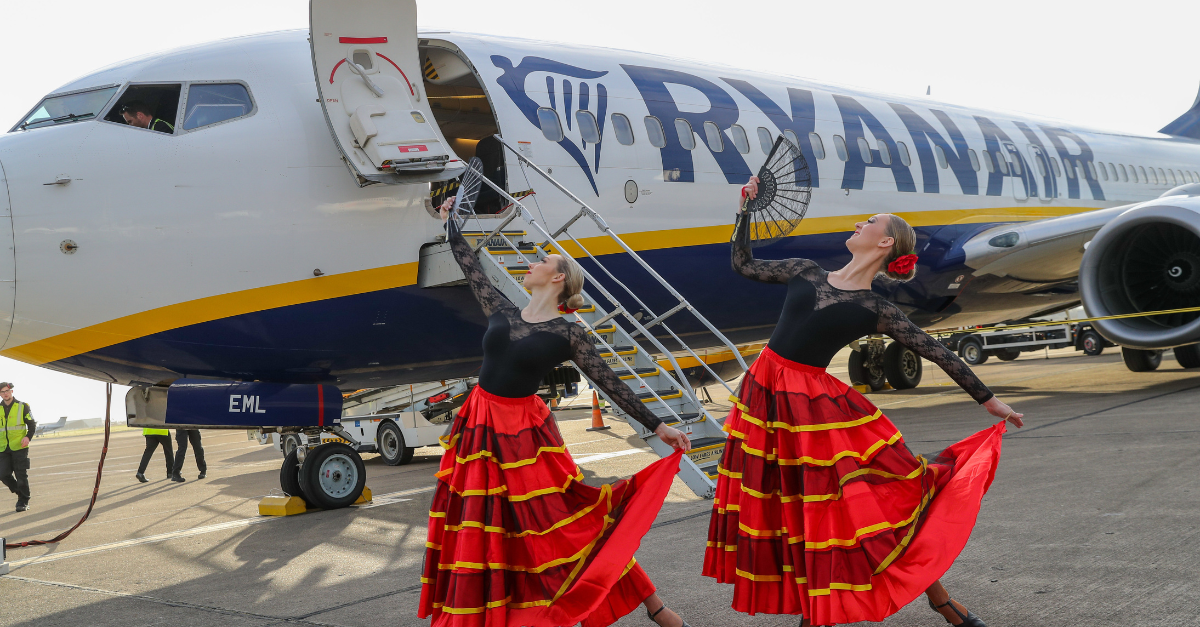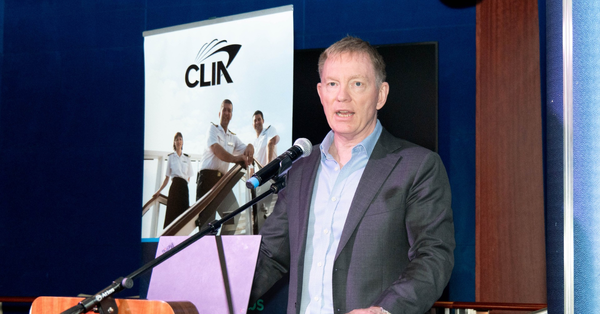You are viewing 1 of your 2 free articles
Aviation sector's plan to be net zero by 2050 'credible but challenging'
British Airways parent International Airlines Group is “further ahead” in its use of sustainable aviation fuel (SAF) than expected, according to the group’s sustainable fuels and carbon manager Leigh Hudson.
But referring to the government’s SAF Mandate, which requires 2% of fuel on flights departing the UK this year to be SAF, she said: “Mandates alone don’t create supply.”
Hudson told Abta’s Aviation Forum: “We’re further ahead as a group than we thought we would be – 2.6% of our fuel is SAF. [But] we’re trying to replace fossil fuels in a short space of time. We need to see next‑generation SAF fuels scaling. That requires technologies to come to market quickly.”
She argued the government’s proposed Revenue Certainty Mechanism to encourage SAF production would see the costs “come back to airlines and go on to consumers”.
Sustainable Aviation’s Duncan McCourt said: “The Revenue Certainty Mechanism can’t come quickly enough.” But he noted: “SAF will be a global commodity and the UK will [have to] import large quantities.”
The aviation industry has a “credible” plan to reach net zero by 2050, Sustainable Aviation chief executive Duncan McCourt told delegates at the Abta forum.
But he acknowledged: “It’s not without significant challenges, not without significant uncertainty and no doubt there will be significant periods of discomfort.”
McCourt warned: “The political pressure is likely to increase. Aviation will be the biggest emitter [of carbon] by 2040, so it’s incumbent on aviation to do all it can to address this.”
He insisted: “The tools now exist to take carbon out of flying. All the elements of the technology already exist. We know the science of how to do it, but we haven’t got the scale.”
McCourt said aviation leaders fear that if the industry does not move fast enough, it faces “the risk of stranded assets and regulations restricting demand growth”.
However, Richard Mumford, of law firm Clyde & Co, said: “The drive to net zero is a real challenge. There is uncertainty about investment and the supply [of SAF].”

